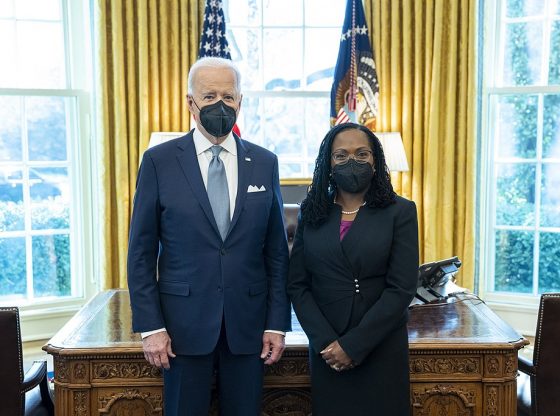On Wednesday, Supreme Court nominee Judge Ketanji Brown Jackson said will recuse herself from a lawsuit accusing Harvard of discrimination against Asian applicants that the Supreme Court will hear this fall. She made the commitment during an exchange with Texas Sen. Ted Cruz, Jackson sits on Harvard’s Board of Overseers, one of the university’s two governing boards, which brought on concerns over her connection to the case.
According to The Washington Free Beacon:
The lawsuit broadly accuses Harvard of discriminating against Asians and racially balancing each admitted class. It also urges the Court to overturn precedents that authorized race-conscious admissions. The Harvard case is bundled with a similar case involving the University of North Carolina. If the disputes are disaggregated, Jackson may be able to participate in the UNC case.
There had been some question over if Jackson would reveal if she planned to recuse herself. Previous nominees have been hesitant to make recusal commitments in advance.
Recusals at the Supreme Court are rare and most common in cases involving a relative or a direct financial conflict. They’re also undesirable. Disqualifying oneself leaves the Court with an even number of justices. If the Court deadlocks in deliberations, the decision of the court below is automatically affirmed and no controlling opinion issues. While substitute judges can sit in case of recusal on the lower courts, there are no stand-ins at the High Court.
Lawyers have debated whether Jackson is obligated to recuse. It’s not clear that the overseers play any role in admissions policy. However, she moderated a panel in the fall on advancing racial diversity at Harvard that included the university’s president Lawrence Bacow.
Some pushed for her recusal based on an ethics rule requiring disqualification when a judge’s “impartiality might reasonably be questioned.” That standard can be a fuzzy one and is often invoked by partisans making longshot recusal arguments.
Though Congress has written ethics rules for federal judges, they do not apply to the Supreme Court.











